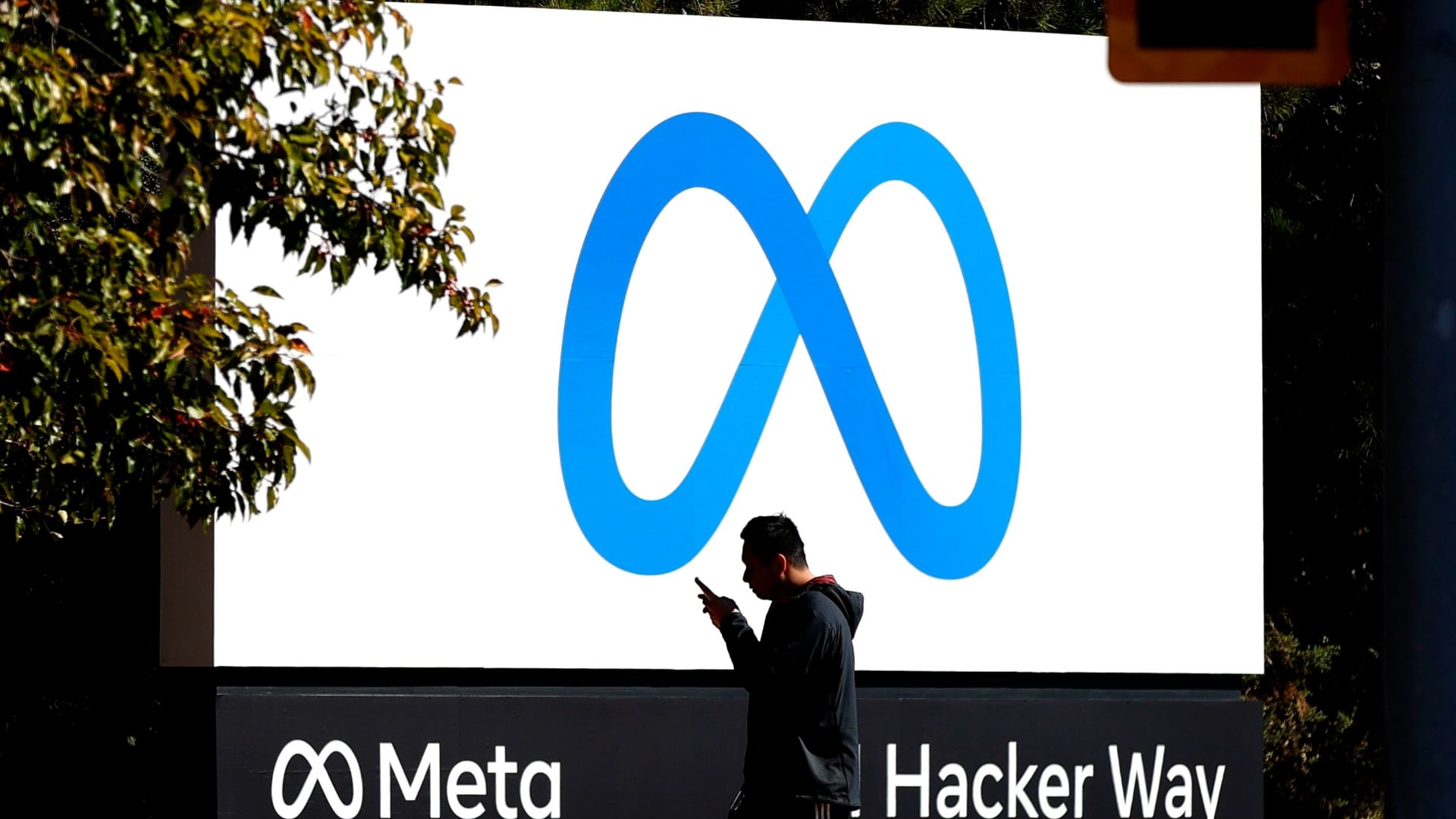By Damian J. Troise and Alex Veiga
A broad rally for stocks on Wall Street sent the S&P 500 and Nasdaq to new highs Thursday, as the market more than made up for modest losses a day earlier.
The S&P 500 rose 1%, posting its third all-time high this week. More than 80% of the stocks in the benchmark index closed higher. Technology stocks, banks and a mix of companies that rely on consumer spending accounted for much of the gains.
The Nasdaq rose 1.4%, nudging the tech-heavy index above its previous record high set Sept. 7. The Dow Jones Industrial Average rose 0.7%, leaving it just shy of the all-time high it set on Tuesday.
Smaller stocks outpaced the broader market in a sign that investors are more confident about economic growth. Bond yields ticked higher and energy futures were mixed.
The market's latest milestones come as investors welcomed another encouraging batch of corporate earnings reports by companies such as Ford and Caterpillar. With a little over a third of S&P 500 companies having reported results for the July-September quarter so far, some 66% of them posted earnings and revenue that topped Wall Street's estimates, according to S&P Global Market Intelligence.
Low interest rates and growing company earnings are among reasons why investors remain in a buying mood, said Sameer Samana, senior global market strategist at Wells Fargo Investment Institute.
“If you look at the economic data and you look at earnings, even though we’re probably past what could be considered peak growth rates, they’re still growing at very healthy levels,” he said.
The S&P 500 index rose 44.74 points to 4,596.42. The index is on pace for its fourth straight weekly gain. The Dow gained 239.79 points to 35,730..48. The Nasdaq rose 212.28 points to 15,448.12.
The Russell 2000 index of small companies climbed 45.49 points, or 2%, to 2,297.98.
Technology stocks helped power a big slice of the S&P 500's gains. KLA, which makes equipment for manufacturing semiconductors, rose 4.3% after beating Wall Street’s fiscal first-quarter profit forecasts. Apple dropped 3.9% in after-hours trading after the company's fiscal fourth-quarter revenue fell short of Wall Street's estimates. Amazon.com also fell 3.6% in after-hours trading after its third-quarter earnings missed analysts' forecasts.
Bond yields edged higher. The yield on the 10-year Treasury rose to 1.57% from 1.53%. Banks, which rely on higher bond yields to charge more lucrative interest on loans, made solid gains. Bank of America rose 1.6%.
Ford jumped 8.7% after reporting earnings that easily beat analysts’ forecasts and raising its full-year outlook. Heavy equipment maker Caterpillar also rose 4.1% after turning in strong results.
The broader market has been gaining ground as the latest batch of corporate report cards show that companies fared well in the most recent quarter, despite a surge in COVID-19 cases and inflation worries weighing on the economic recovery.
“Right now, the market is saying I think six months from now the economy will be good, but not great,” said George Ball, chairman of financial services firm Sanders Morris Harris.
Outside of earnings, investors got a mixed bag of economic updates Thursday.
Hampered by rising COVID-19 cases and persistent supply shortages, the U.S. economy slowed sharply to a 2% annual growth rate in the July-September period, according to the Commerce Department. That marks the weakest quarterly expansion since the recovery from the pandemic recession began last year.
The Labor Department released a more upbeat report on the nation's unemployment situation. The number of Americans applying for unemployment benefits fell to a pandemic low last week, another sign that the job market and economy continue to recover from last year’s coronavirus recession.
“There's a cocktail of economic news coming out that is strong and positive, but in some cases lackluster,” Ball said. “That combination, in total, is probably good for the staying power of the economy.”
Both the pace of economic growth and the state of the jobs market are on investors' minds as they look ahead to the Federal Reserve's meeting next week to see how it moves forward with plans to trim bond purchases and its position on interest rates. Slower economic growth and rising inflation have raised more concerns on Wall Street about the impact of the central bank easing support for the economy and markets.
Rising energy prices have also raised concerns about the cost for consumers as they pay more to fill gas tanks and heat homes. U.S. crude oil prices inched up 0.2% Thursday and have jumped more than 70% so far this year.
Updated on October 28, 2021, at 5:36 p.m. ET.













